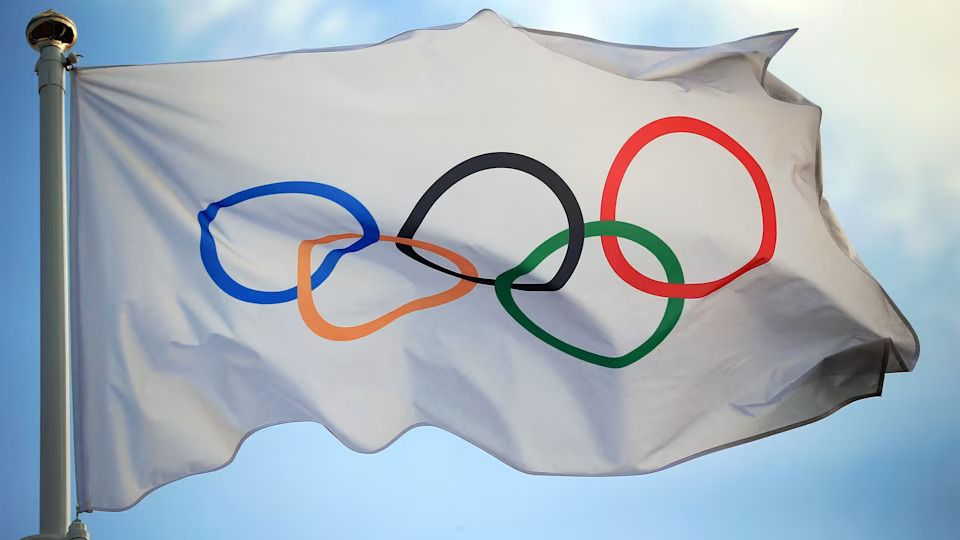The Olympic Games, one of the world’s most prestigious sporting events, have a history that spans over two millennia.
Ancient Olympics
The origins of the Olympics can be traced back to ancient Greece, around 776 BCE, in Olympia. These games were held in honor of the Greek god Zeus and featured athletic competitions such as running, wrestling, and chariot racing. The ancient Olympics were held every four years and continued for nearly 12 centuries until they were banned in 393 CE by Roman Emperor Theodosius I as part of his campaign to impose Christianity across the Roman Empire.
The Revival: Modern Olympics
The modern Olympic Games were revived in the late 19th century, largely due to the efforts of Frenchman Pierre de Coubertin. Inspired by the ancient Greek tradition, de Coubertin sought to create an international sports competition that would foster peace and unity among nations. The first modern Olympics were held in Athens in 1896, featuring 14 nations and 241 athletes competing in 43 events. These games marked the beginning of the Olympic movement, which aimed to promote the values of fair play, sportsmanship, and international cooperation.
Growth and Globalization
Since the inaugural modern Games, the Olympics have grown significantly in scope and scale. The Summer Olympics, held every four years, now feature thousands of athletes from over 200 nations competing in a wide range of sports. The Winter Olympics, introduced in 1924 in Chamonix, France, focus on sports such as skiing, ice skating, and ice hockey.
Over the decades, the Olympics have been shaped by global events, including world wars, political tensions, and social movements. Notably, the Games have often been a platform for political expression, such as the 1936 Berlin Olympics during Nazi Germany’s rule, the Black Power salute at the 1968 Mexico City Olympics, and the boycotts of the Moscow 1980 and Los Angeles 1984 Games during the Cold War.
Recent Developments
In recent years, the Olympics have continued to evolve, with the inclusion of new sports, increased efforts towards gender equality, and the use of technology to enhance the experience for athletes and spectators alike. The Games have also focused more on sustainability, with recent host cities committing to reducing their environmental impact.
The Olympics remain a symbol of global unity, celebrating human potential and the pursuit of excellence in sport. As the Games continue to adapt to the modern world, they carry forward a legacy that began over two thousand years ago in ancient Greece, embodying the timeless values of competition, camaraderie, and peace.


